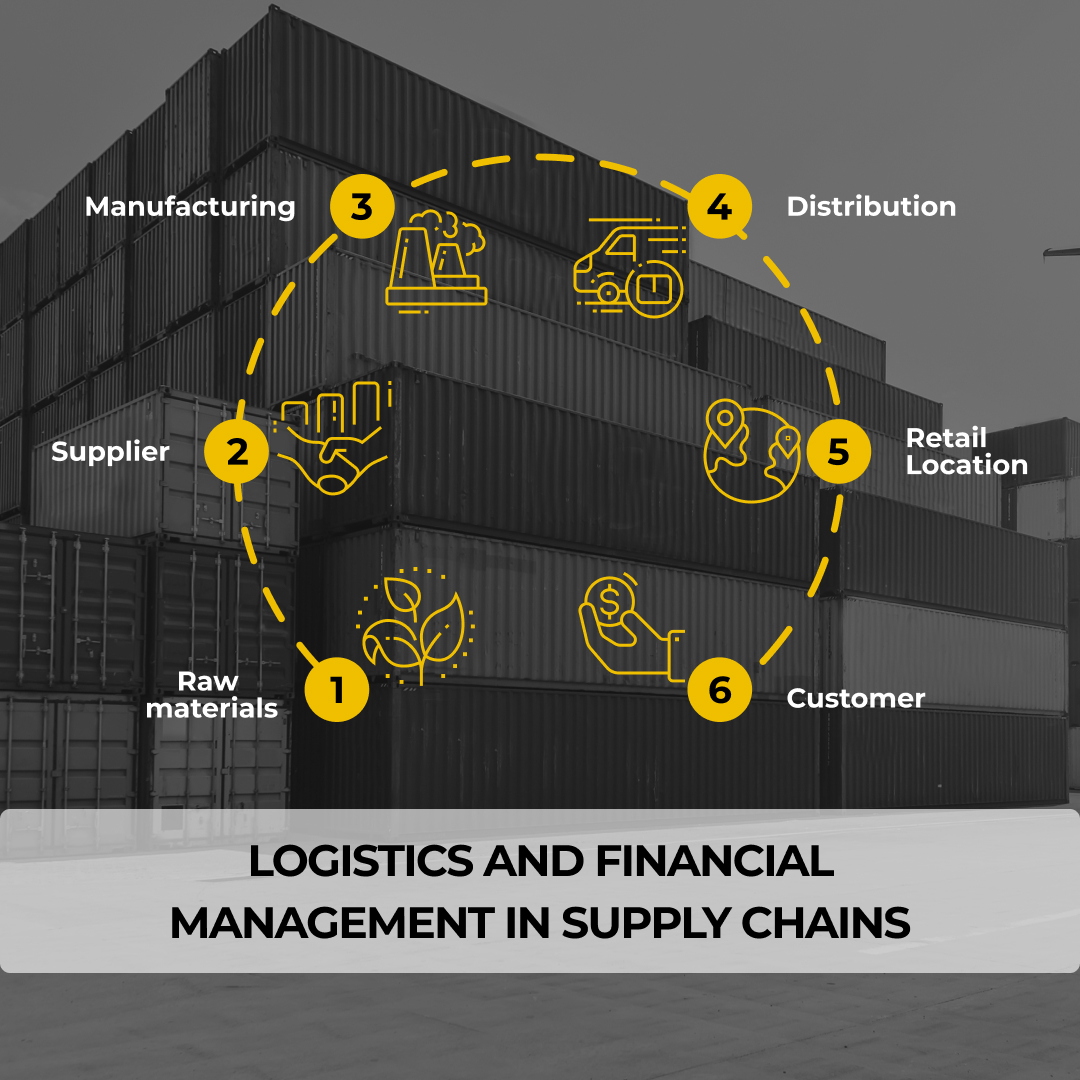In the dynamic world of logistics, crisis situations can emerge unexpectedly, posing significant challenges for expeditors. These scenarios, ranging from…

Coping with Crisis Situations in Logistics: Practical Recommendations for Expeditor
In the dynamic world of logistics, crisis situations can emerge unexpectedly, posing significant challenges for expeditors. These scenarios, ranging from natural disasters to supply chain disruptions, demand quick thinking and strategic responses. To navigate through these turbulent waters, expeditors need practical recommendations to ensure the seamless flow of goods. Here are some key strategies to handle crisis situations effectively.
- Risk Assessment and Contingency Planning:
- Comprehensive Analysis: Conduct a thorough risk assessment to identify potential crisis triggers such as geopolitical instability, natural disasters, or supplier failures.
- Develop Contingency Plans: Create detailed contingency plans for various crisis scenarios, outlining clear steps and responsibilities for each team member.
- Supplier Diversification:
- Expand Supplier Network: Relying on a single supplier can be risky. Diversify your supplier base to minimize the impact of a crisis on the supply chain.
- Evaluate Supplier Stability: Regularly assess your suppliers’ financial stability and operational capacity to ensure they can withstand challenging situations.
- Technology Integration:
- Utilize Advanced Tracking Systems: Implement real-time tracking and monitoring systems to keep a close eye on shipments. This visibility is crucial during crisis situations.
- Data Analytics: Leverage data analytics to anticipate demand fluctuations and optimize inventory levels, ensuring efficient response to market changes.
- Collaborative Partnerships:
- Strengthen Collaboration: Foster strong relationships with carriers, suppliers, and other stakeholders. Effective communication can facilitate quicker problem-solving during crises.
- Alternative Transport Modes: Explore alternative transportation modes, such as rail or air freight, to mitigate delays caused by disruptions in traditional shipping routes.
- Training and Skill Development:
- Continuous Training: Train your team in crisis management protocols and conduct regular drills to enhance their response capabilities.
- Cross-Training: Ensure cross-functional knowledge within the team, enabling seamless task delegation during emergencies.
- Regulatory Compliance and Documentation:
- Stay Updated: Keep abreast of changing regulations, tariffs, and customs procedures, ensuring compliance to avoid unnecessary delays.
- Document Management: Maintain accurate and updated documentation, enabling swift customs clearance and reducing potential bottlenecks.
- Financial Preparedness:
- Emergency Funds: Allocate a portion of the budget for emergency situations, enabling quick decisions and resource mobilization.
- Insurance Coverage: Review and update insurance policies to cover potential losses arising from crisis events, providing financial security.
- Continuous Evaluation and Adaptation:
- Post-Crisis Analysis: After a crisis, conduct a thorough analysis to identify strengths and weaknesses in the response strategy, enabling continuous improvement.
- Adaptability: Be open to adapting strategies based on the lessons learned from past crises, ensuring enhanced resilience in the future.
Incorporating these practical recommendations into their operational framework, expeditors can bolster their ability to navigate crisis situations effectively, ensuring the uninterrupted flow of goods and maintaining customer satisfaction. Remember, in the face of crisis, preparation and adaptability are the keys to success in the ever-evolving logistics landscape.
Our latest posts
Our latest posts

Coping with Crisis Situations in Logistics: Practical Recommendations for Expeditor

Success Stories: How Companies Achieve Logistics Optimization in the USA
In the fast-paced world of logistics and freight transportation in the United States, achieving optimization is the key to staying…

Logistics and Financial Management in Supply Chains
Effective supply chain management is essential for the success of any business. It involves the efficient flow of goods and…















